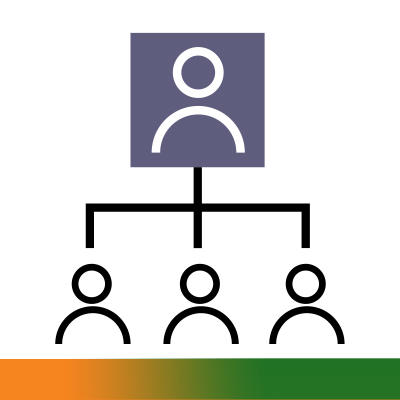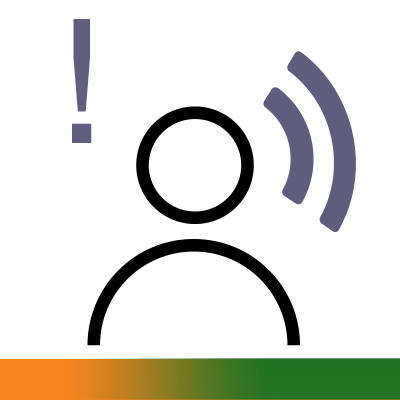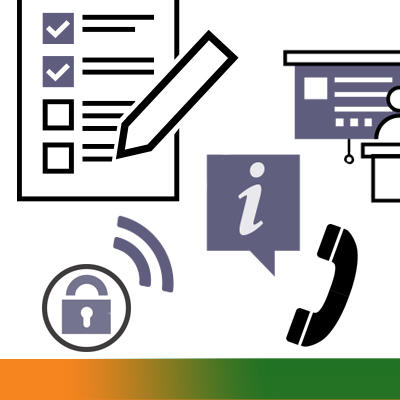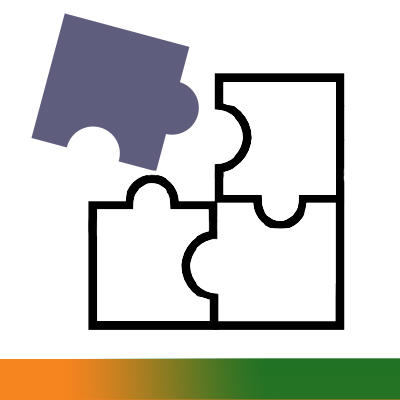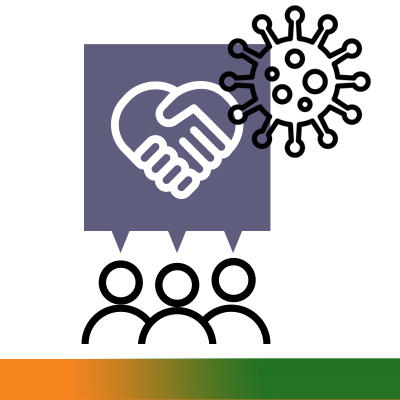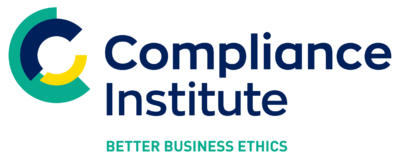Ireland
Ethics at Work Index: 81.0
According to Irish employees, organisations have responded well from an ethical standpoint to the Covid-19 pandemic. Compared to three years ago, Irish employees are also less likely to have been aware of misconduct at work.
An issue of concern seems to be the engagement with employees on the ethics programme. The belief that “it was none of my business”, for instance, is still one of the most prominent reasons why employees do not speak up about misconduct they have been aware of. Discussing issues of right and wrong in staff meetings is also not as common as in other countries. Looking ahead, loss of interpersonal interactions due to the effects of the Covid-19 lockdown is the issue that Irish employees are more likely to be concerned about.

